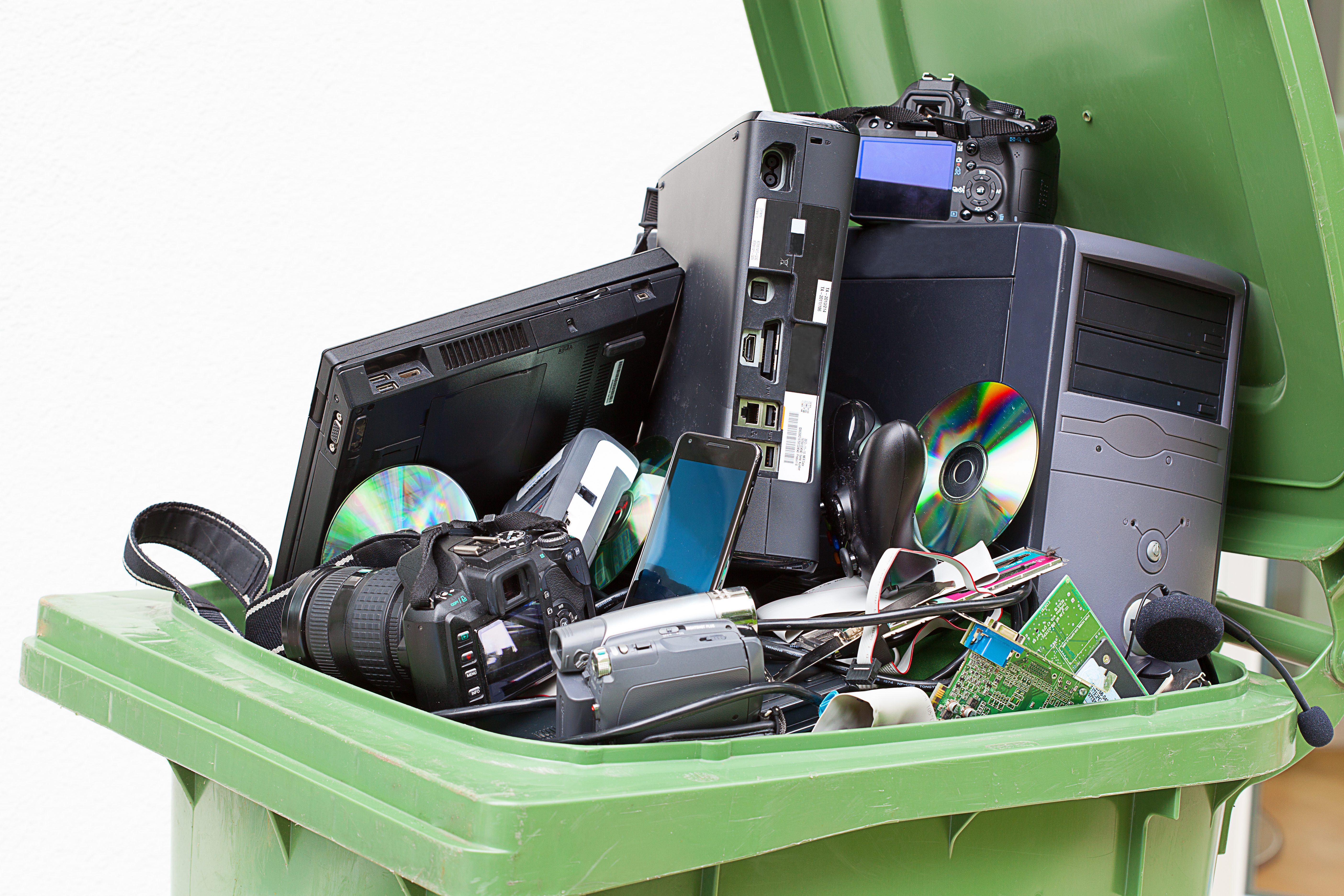recycling
Recycling is a critical process in managing waste and promoting environmental sustainability. It involves collecting, processing, and converting waste materials into new products to prevent the waste of potentially useful materials, reduce the consumption of fresh raw materials, reduce energy usage, decrease air pollution (from incineration) and water pollution (from landfilling), and lower greenhouse gas emissions as compared to virgin production.
types of recyclable materials
- plastics: often identified by resin codes ranging from 1 to 7, which indicate the type of plastic
- metals: including aluminum, steel, and copper (metals can generally be recycled indefinitely without losing their properties)
- paper and cardboard: one of the most recycled materials, though recycling rates can be affected by contamination with food or other substances
- glass: can be recycled repeatedly without loss of quality, but it must be separated by color for effective recycling
- textiles: clothing and other textiles are recyclable but often face challenges in collection and sorting
- electronics (e-waste): computers, smartphones, etc, that contain valuable materials like gold, silver, and copper, but also toxic substances that require careful handling

Acid scavengers are chemicals that react with and neutralize acidic components in a mixture. By neutralizing acidic waste and removing harmful contaminants, these systems reduce the environmental impact of recycling operations, helping facilities comply with regulatory standards for waste disposal. Reclaiming and reusing chemicals and metals reduce operational costs associated with purchasing raw materials and managing waste. Additionally, extending the life of processing equipment by preventing corrosion or other damage lowers long-term capital expenses. Cleaner inputs mean higher-quality outputs.
ion exchange resins, acid scavengers
By ensuring that recycled materials are free from contaminants that could degrade their quality, ion-exchange resins enhance the value of recycled products, making them more competitive with virgin materials. In recycling, they are particularly useful in the processing and recycling of metals, recovery of precious metals, chemical reclamation, and polymer recycling.
Reillex™ Resins are weak-base ion exchange (IX) resins for applications requiring high temperature, oxidative, and strong acid stability, broad metal chelation properties, and excellent acid scavenging capabilities. They play a significant role in treating and purifying waste streams, reclaiming valuable materials, and ensuring the safety and quality of recycled products. Their use supports broader environmental goals by minimizing waste and reducing the demand for new raw materials.
